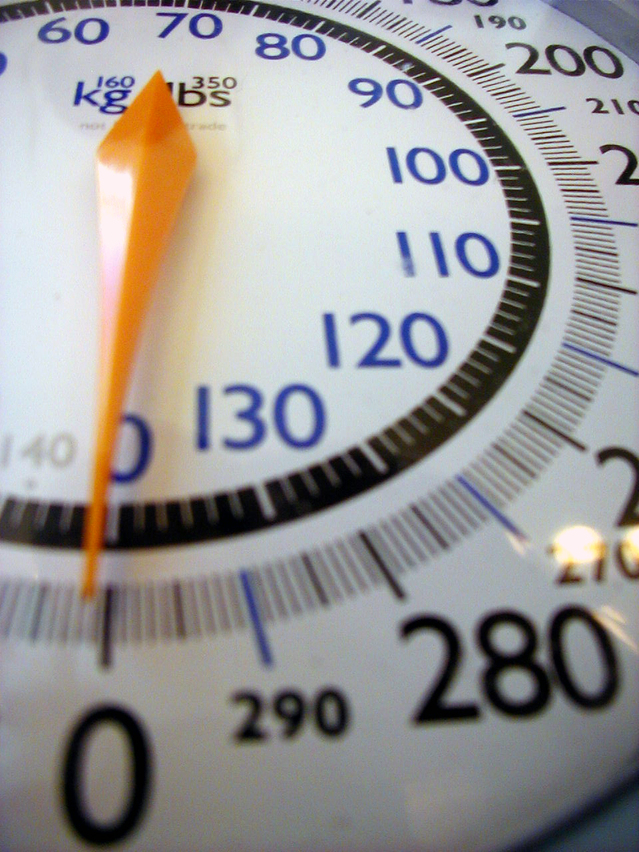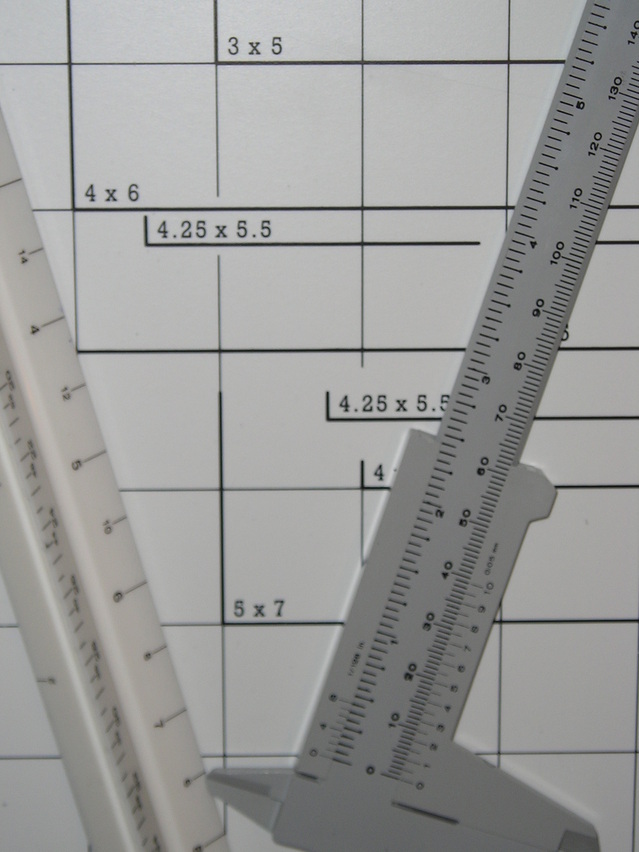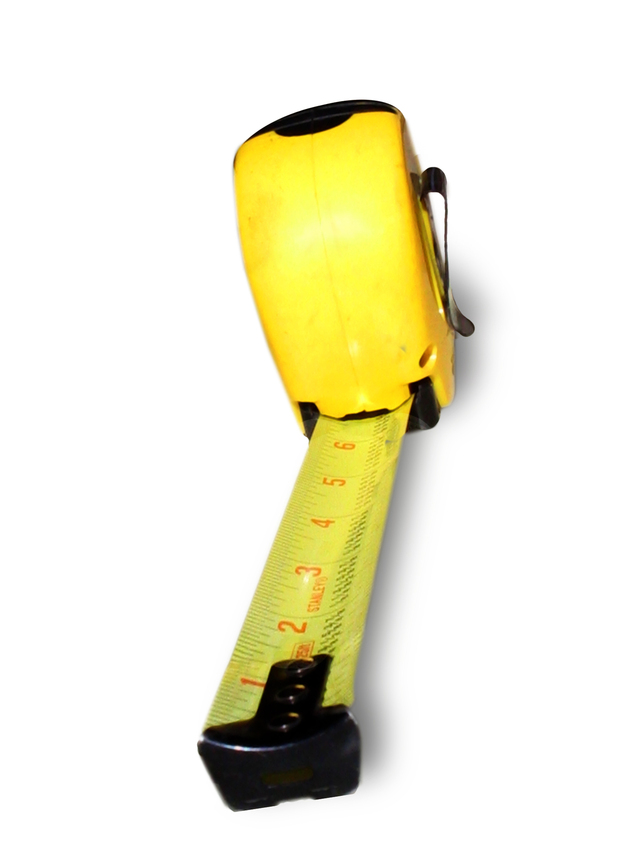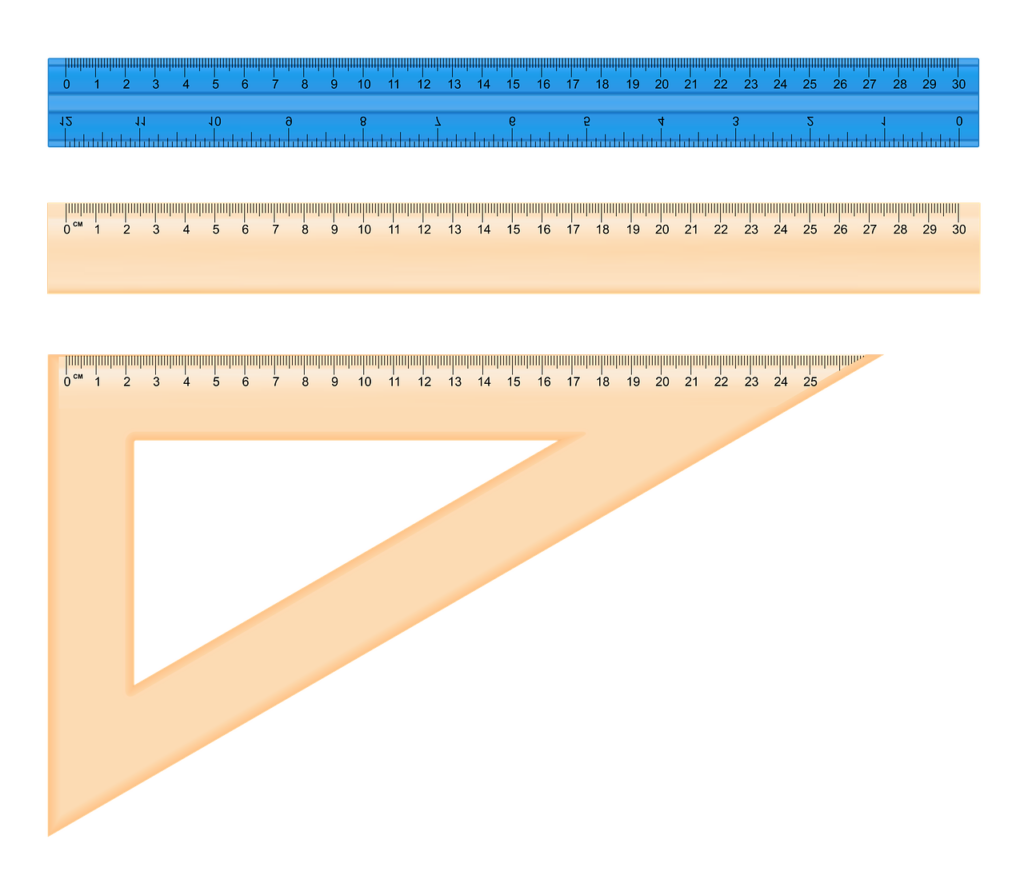Jesus Christ: Our Superior Standard




Instruments for measurement are all based on a standard or benchmark that was developed and put in place long ago. Pick up an instrument of measurement sometime, such as a ruler, a scale, or maybe a protractor, and look at the units of measurement on it. Whether pounds, kilograms, centimeters, inches, feet, or degrees, the units are always the same measurement on any instrument that uses them, no matter who manufactured the instrument or what the design might be (unless it was improperly made or has worn out).
A Unified Standard is Necessary
If you were to pick up a tape measure while you were at a hardware store and measure a piece of wood that you brought with you, you might find that it is two feet, six inches. Now go home and take your own tape measure and measure the same piece of wood, and you will find that it is two feet, six inches by your measure also.

Why is this? In order to maintain a consistent level of accuracy and compatibility, a mutually agreed upon standard has to be created at some point. Otherwise, no two measurements of an item would ever be the same.
Who determines what will be the basis for these measurements? Without a set standard, there can never be a definite answer.
If everyone used their own standards, a one-pound package of butter bought at the store might actually weigh in at only thirteen ounces (or even nineteen ounces) when you check the weight on your own scale at home. A bottle labeled as one liter of soda may actually be a liter and a half according to your measurement. So whose measurement is correct—yours or the manufacturer’s? Or were both of you wrong? Who determines what will be the basis for these measurements? Without a set standard, there can never be a definite answer.
The National Institute of Standards and Technology, located near Washington, D.C., is one organization of many that sets the standard for items used throughout the world. Tolerances and specifications for thousands of things, from weights and measures to clothing and chemicals, are established there.
Industries, institutions, and individuals throughout the United States, as well as many countries across the globe, use the guidelines set by this organization in order to have consistency regarding what they manufacture or use compared with what is made or used by others. Every day, hundreds of thousands of people rely on the standards set by this organization.
But the benchmark that we are to continually follow in our lives was set by someone even greater that this or any other organization. He is Jesus, the cornerstone the Bible instructs us to build upon. He is our only accurate guide and reference point.
Jesus is Our True Standard
In all matters, both morally and spiritually (which also impact us physically), Jesus is our only true standard to compare with and measure by. No other standard created or developed by any person or group here on earth is superior to Jesus Himself.
Jesus established the standard back in Genesis, the first book of the Bible. And when He came to earth as a human being, He became the standard Himself, as set forth in the books of Matthew, Mark, Luke, and John. The correct standard was finalized when He died on the cross for the sake of every man, woman and child on this earth, past, present and future. While many of the standards that have been set by man on earth throughout the ages remain beneficial for a long time, none will last throughout all eternity.
Philosophy, psychology, and sociology cannot set the standard for us to follow. Science, technology, and education cannot set our standard either. World leaders and international government also cannot be our guide. Even our own parents, relatives, or closest friends cannot serve as our ideal. Jesus is the fundamental reference point for everyone, whether they are aware of it or not. How do we measure up compared to Him?
“Where wast thou when I laid the foundations of the earth? declare, if thou hast understanding. Who hath laid the measures thereof, if thou knowest? or who hath stretched the line upon it? Whereupon are the foundations thereof fastened? or who laid the corner stone thereof; When the morning stars sang together, and all the sons of God shouted for joy?”
Job 38:4-7
Jesus is the only One capable of being our standard to measure all else by. Now ask yourself, who is your reference point? Whose word will never fail? Who is the standard by which you should measure yourself?
[Additional image credits: Featured image (when applicable) by Dimitris Vetsikas from Pixabay; Opening images (clockwise) image by floss on Freeimages.com, image by phirefast on Freeimages.com, image by Scientif38 on Wikimedia Commons (CC0 1.0) (Public Domain Mark PDM), image by e-master on Freeimages.com]

